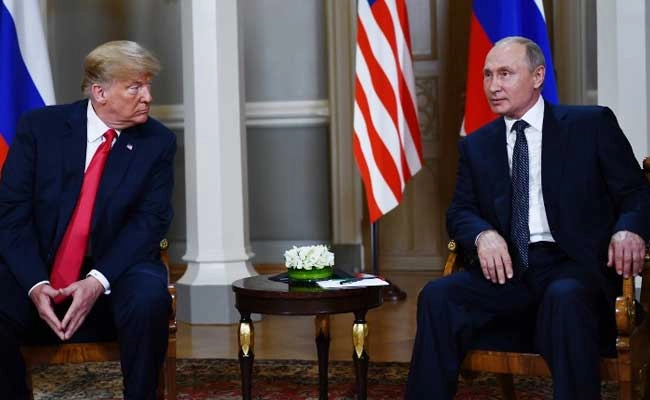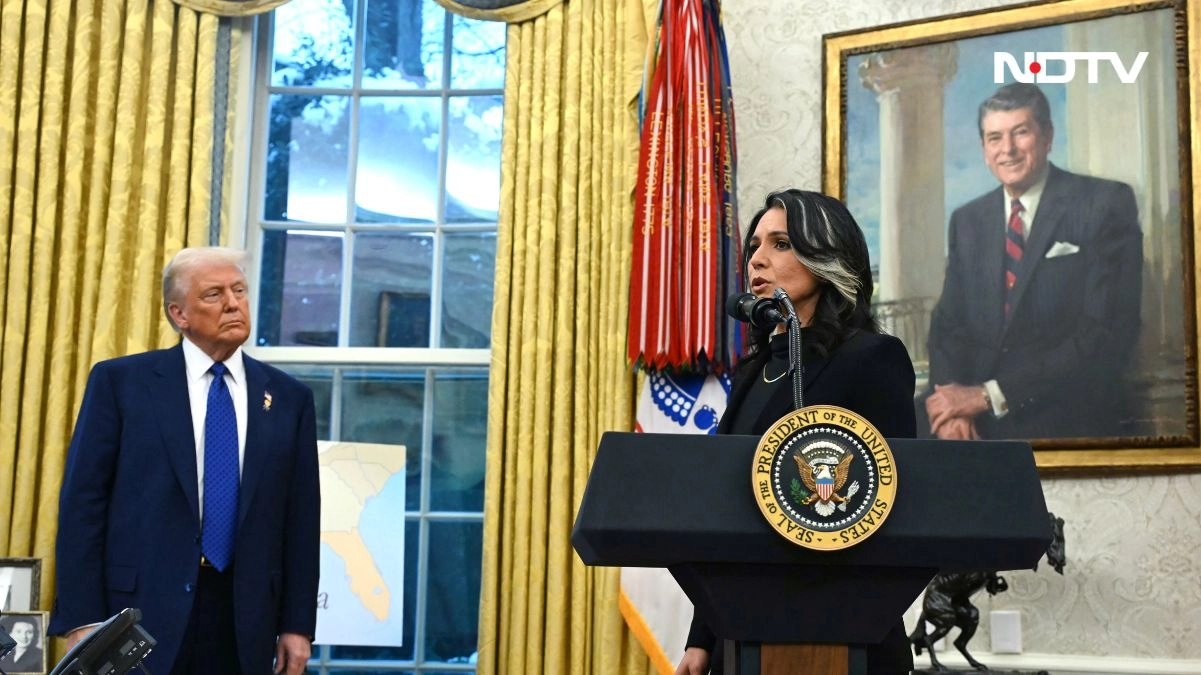In a recent statement, Russian officials have warned that certain nations are poised to undertake significant efforts to disrupt the upcoming meeting between President Vladimir Putin and former President Donald Trump. The Kremlin’s comments suggest a belief that specific countries may be motivated to undermine this diplomatic engagement, potentially out of concern for their own geopolitical interests. The mention of “titanic efforts” underscores the intensity with which these nations might operate to prevent a successful dialogue between the two leaders, who are often seen as controversial figures on the world stage.
This anticipated disruption comes amid an already complex geopolitical landscape, where tensions between Russia and the West continue to simmer. The relationship between the United States and Russia has been marred by various issues, including election interference, military conflicts, and differing stances on international security. As such, many analysts believe that the meeting could be a pivotal moment for diplomacy, offering a chance for both leaders to address pressing global issues directly. However, the prospect of interference raises questions about the effectiveness of diplomatic channels and the lengths to which certain nations might go to protect their interests.
Moreover, the implications of this potential disruption extend beyond the immediate meeting. If countries succeed in hampering the dialogue between Putin and Trump, it could have far-reaching consequences for international relations. Diplomatic engagements are often seen as opportunities for de-escalation and conflict resolution, and any obstruction could lead to further estrangement between Russia and the West. In this context, the actions of other nations may not only reflect their own strategic calculations but also influence the broader dynamics of global power.
As the world watches closely, the stakes for this meeting could not be higher. The potential for both cooperation and conflict hangs in the balance, and the actions taken by those seeking to disrupt the meeting could shape the future of international relations. The Kremlin’s warning serves as a reminder of the intricate web of alliances and rivalries that characterize global politics today, illustrating that even high-level discussions can be fraught with challenges and opposition. In a climate where diplomacy often takes a back seat to national interests, the ability to navigate these obstacles will be crucial for both leaders as they approach their meeting.




